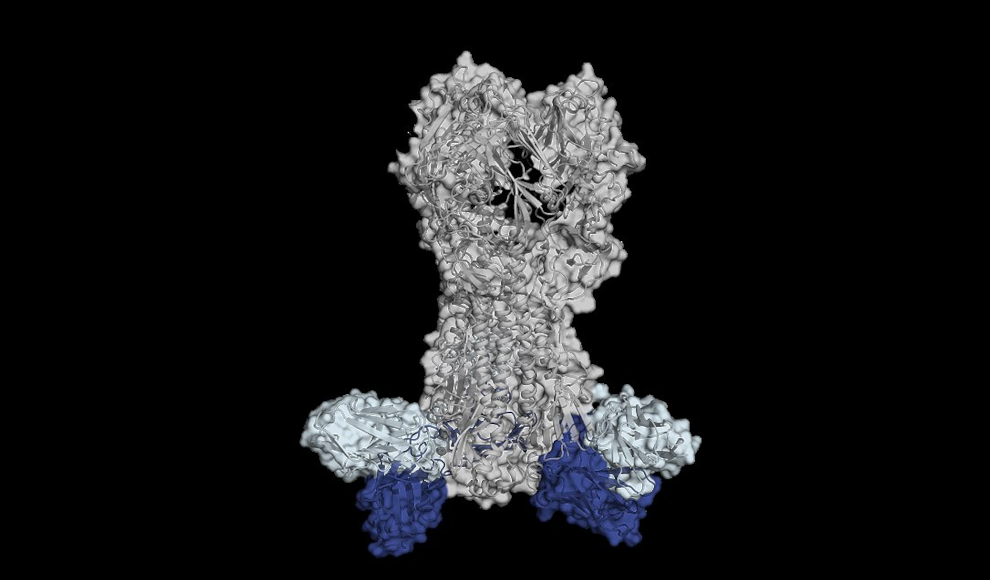A breakthrough discovery by scientists at the University of Chicago could pave the way for a universal flu vaccine that provides lifelong protection against influenza viruses. Currently, flu vaccines need to be adapted to new strains every winter season, and their effectiveness is subject to strong seasonal fluctuations, with an average efficacy of around 50%. However, the researchers have identified antibodies that target the universal docking apparatus of the influenza virus, rather than its variable head, which could be used to develop a vaccine that protects against new variants. The team analyzed the blood of 49 subjects who had either been vaccinated against influenza or naturally infected, and found that 21 of them had antibodies that attack the bottom part of the docking apparatus. The researchers now plan to develop a new vaccine that targets the HA anchor of different flu strains, triggering the formation of a new class of antibodies.
The search for a universal flu vaccine has been ongoing for some time, with the aim of providing lifelong protection against influenza viruses. The current approach of adapting vaccines to new strains every year is not always effective, and the efficacy of flu vaccines can vary widely from season to season. However, the discovery of antibodies that target the universal docking apparatus of the influenza virus could be a game-changer. By developing a vaccine that targets this part of the virus, the researchers hope to provide protection against new variants and reduce the need for annual vaccine updates. The study’s findings have been published in the journal Nature, and the researchers are now working on developing a new vaccine that targets the HA anchor of different flu strains. The discovery could also have wider implications for the development of new drugs with broad therapeutic applications.









